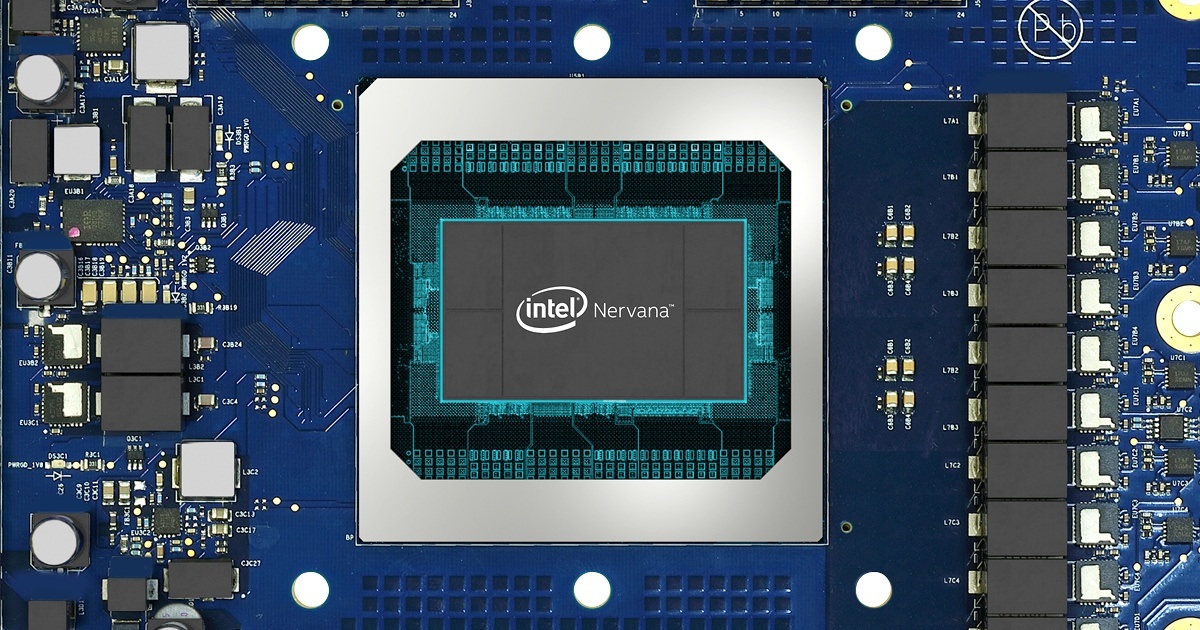The realm of artificial intelligence is transforming at a staggering pace, with advancements that promise to redefine industries and elevate human capabilities. One significant stride forward was announced back in 2019, when Intel and Baidu forged a partnership aimed at revolutionizing the neural network training landscape. With the introduction of the Nervana Neural Network Processor (NNP-T), both giants are setting new standards in the AI domain. In this blog, we will explore the implications of this collaboration, the technology involved, and what it means for the future of deep learning.
Understanding the Nervana Neural Network Processor (NNP-T)
The NNP-T, or Nervana Neural Network Processor for training, is engineered specifically to handle the complex demands of neural network training—a critical aspect of deep learning. Traditional processors often fall short in efficiently managing the vast data sets and computational requirements that come with AI training. However, with the NNP-T, Intel aims to fill this gap seamlessly.
- Customized for Deep Learning: The NNP-T’s architecture is optimized for extensive data processing tasks, allowing for quicker learning cycles and more robust AI models.
- Distributed Training Focus: One of the standout features is its tailored optimization for Baidu’s PaddlePaddle framework, particularly in distributed training environments. This facilitates rapid scaling without sacrificing performance.
- Complementary Hardware: Baidu and Intel are not just focusing on software; they are also working closely on ensuring that the hardware effectively combines with existing Intel Xeon Scalable processors, providing a harmonious ecosystem for developers.
The Significance of PaddlePaddle in the Partnership
Baidu’s PaddlePaddle is a deep learning framework epitomizing flexibility and ease of use, tailored particularly for Chinese developers. The collaboration with Intel harnesses PaddlePaddle’s strengths while amplifying its capabilities through the NNP-T. Here’s why this is noteworthy:
- Streamlined Development: The integration of the NNP-T with PaddlePaddle means developers can build and train AI models more efficiently, leading to quicker innovation cycles.
- Global Reach: By enhancing PaddlePaddle’s performance on a world-class platform, Intel and Baidu are positioning it as a strong contender against other popular frameworks such as TensorFlow or PyTorch.
Broadening the Scope: From Training to Inference
While the NNP-T is designed for training AI models, it’s crucial to draw parallels with its counterpart, the NNP-I, tailored for inference. Together, these processors represent a comprehensive solution for AI development—from the initial learning phase to executing tasks in real-time:
- Training (NNP-T): Focuses on acquiring knowledge from vast data sets, utilizing parallel processing capabilities to accelerate the training duration.
- Inference (NNP-I): Optimizes the application of learned models, making decision-making swift and efficient in real-world scenarios.
Conclusion: A New Era of AI Training Awaits
The collaboration between Intel and Baidu symbolizes a pivotal movement in advancing AI technology. By focusing on both hardware and software integration with an emphasis on neural network training through the Nervana Neural Network Processor, the two companies are primed to change the way deep learning is implemented across various sectors. As we anticipate future developments, it’s clear that such partnerships are essential in striving towards a more intelligent, efficient world.
At fxis.ai, we believe that such advancements are crucial for the future of AI, as they enable more comprehensive and effective solutions. Our team is continually exploring new methodologies to push the envelope in artificial intelligence, ensuring that our clients benefit from the latest technological innovations. For more insights, updates, or to collaborate on AI development projects, stay connected with fxis.ai.

